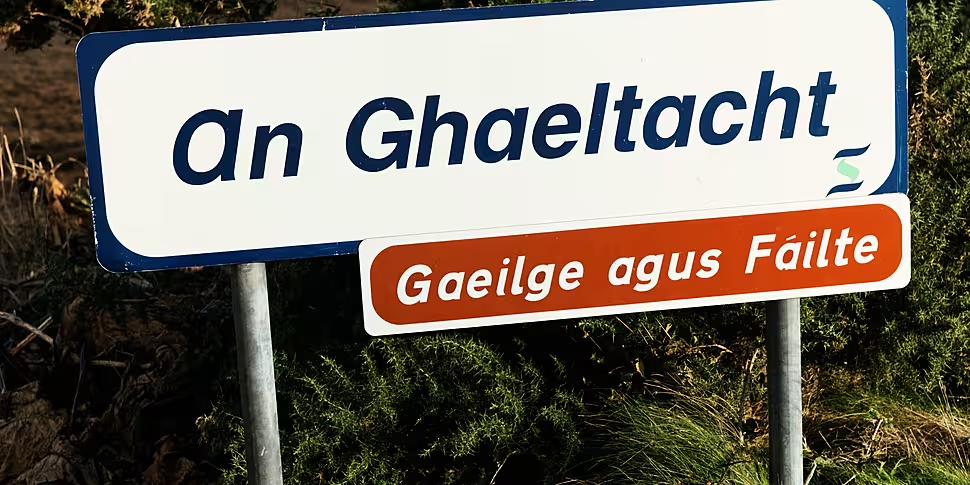Newly enacted legislation aimed at increasing the level of Irish language proficiency in the public service has taken “ten years to get over the line”, Conradh na Gaeilge says.
The new law commits the State to ensuring that, by 2030, at least 20% of staff newly recruited to public bodies are "competent in the Irish language".
President Michael D Higgins signed the bill into law yesterday.
Julian de Spáinn, General Secretary of Conradh na Gaeilge, told Newstalk Breakfast his group is “very happy” with the new legislation.
He said: “It’s something we’ve been working on for the last ten years. It’s actually taken ten years to get this over the line.
“What we’re looking at is just having provision for people who want to speak Irish with the State in the future.”
He said it will take a “long time” to reach a level where there will be a sufficient Irish-language service provided, but this is a “good step” towards achieving it.
He stressed that 80% of the jobs will still be there for people who aren’t proficient in Irish, but noted their own surveys have shown that over 30% of the population feels confident in their ability to speak Irish.
He noted: “There’s a humongous amount of people out there who have Irish.”
Julian also reiterated his call for a change to the way Irish is taught in schools - a long-term process that will give more people the opportunity to become more proficient.
He said: “When I look for services through Irish, it’s very rare you’ll find those services being provided.
“But the more services that become available, the more we’ll be able to use them.”
Julian pointed to Wales, where people accessing services are “actively” asked whether they want to access the service in Welsh.
That’s not the case in Ireland at the moment - but it’s something Conradh na Gaeilge hopes will be offered in future.









